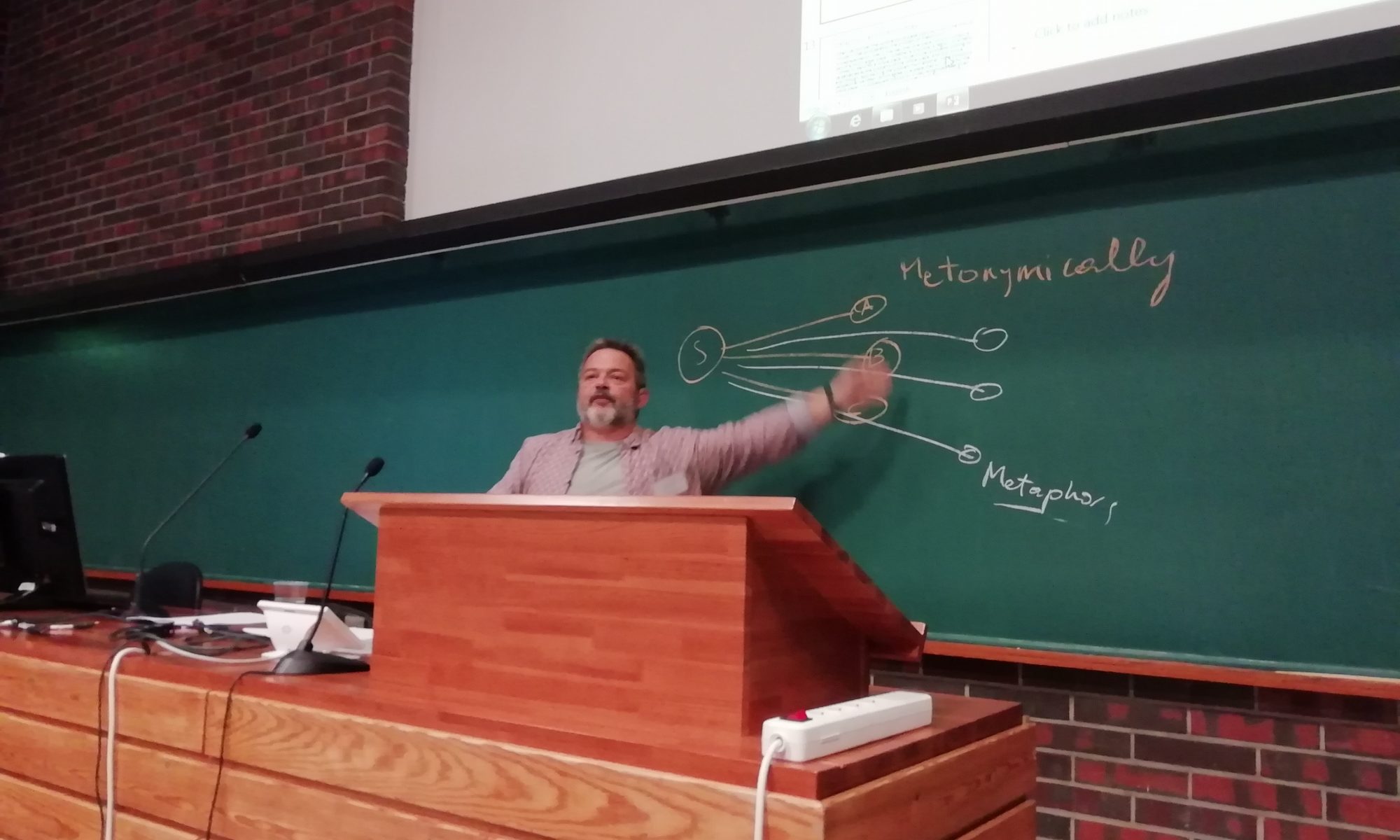That notions of time are closely entangled with notions of space is something taken for granted by most anthropologists. While in modern European conceptions of nostalgia time-centred notions, such as ‘remembering the past’ and ‘the irreversibility of time’, have been central, it is always assumed that notions of space and place are nonetheless lurking there, even when not explicitly mentioned. The past we remember is always a past that happened ‘somewhere’. While migrant nostalgia is also a similar yearning for another time-space, it nonetheless involves a greater foregrounding of place. That is, what is explicitly yearned for is often another place (even if, here also, this place is entangled with time). But this raises difficult philosophical and ethnographic questions: is the irreversibility of place even when it is a place-in-time the same as the irreversibility of time? And, relatedly, is time-space entanglement a culture free concept as philosophy treats it, or is it something that needs to be ethnographically analysed as it takes different forms in different cultural settings?

University of Helsinki Anthropology
Goings-on of the discipline
